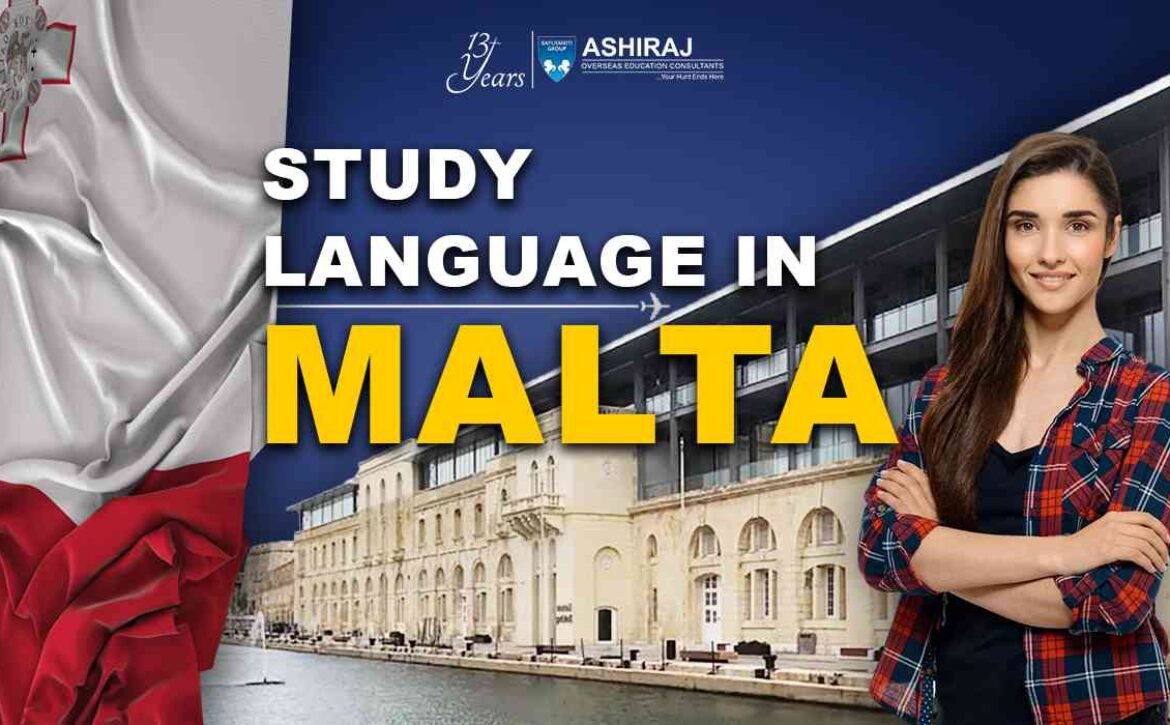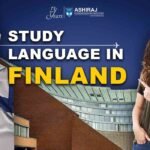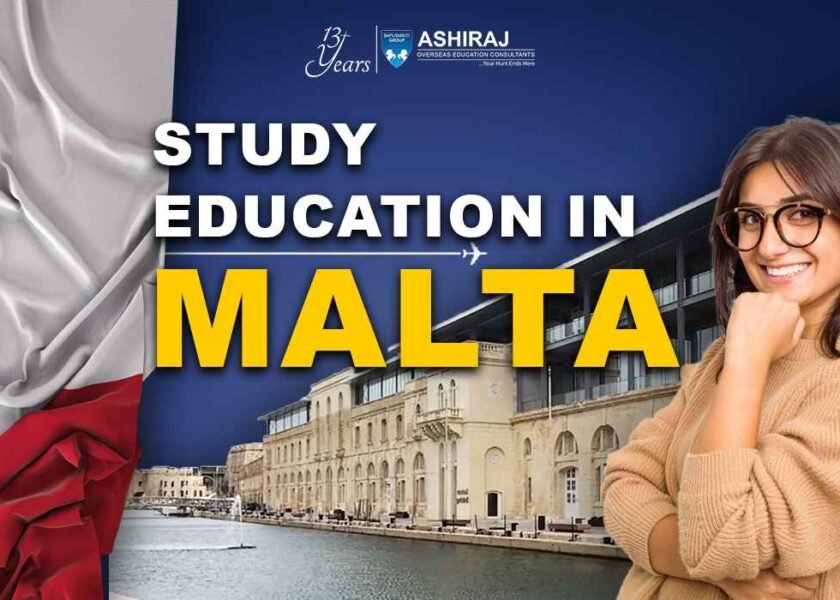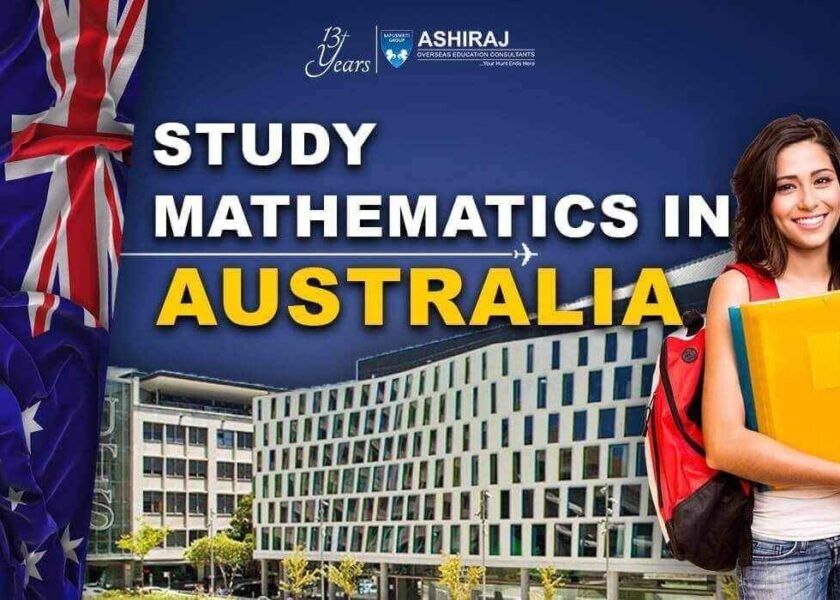
Language in Malta
Malta, a small archipelago nestled in the Mediterranean Sea, boasts a rich linguistic landscape reflective of its complex history and diverse cultural influences. The Maltese islands have been inhabited for millennia, witnessing the rise and fall of various civilizations, each leaving an indelible mark on the linguistic fabric of the region. Consequently, the Maltese language, a unique Semitic tongue with significant Romance language influences, stands as the only Semitic language written in Latin script, symbolizing Malta’s intricate cultural synthesis.
Furthermore, alongside Maltese, English holds official status, serving as the second language of administration, education, and commerce. This bilingualism reflects Malta’s historical ties with the British Empire, which have left a lasting legacy on the island’s linguistic identity. Language in Malta is not merely a means of communication but a testament to the nation’s resilience, adaptability, and rich heritage, embodying the fusion of diverse influences that characterize this enchanting Mediterranean gem.
Why to Study Language in Malta?
- Cultural Diversity: Malta’s history as a crossroads of civilizations has led to a rich linguistic environment, offering students exposure to diverse languages and cultures.
- Unique Language: Malta is home to the Maltese language, a Semitic tongue with influences from Italian, Arabic, and English. Studying in Malta provides an opportunity to delve into this unique linguistic heritage.
- Bilingualism: With English as an official language alongside Maltese, students gain proficiency in a globally recognized language while immersed in a Mediterranean setting.
- Historical Significance: Malta’s strategic location has made it a melting pot of languages throughout history, offering a fascinating backdrop for linguistic studies.
- Academic Excellence: Malta boasts reputable language schools and universities, providing high-quality education in a picturesque setting.
- Career Opportunities: Proficiency in multiple languages, particularly English and Maltese, enhances employability in various sectors, including tourism, business, and translation services.
- Cultural Immersion: Studying language in Malta offers not only academic growth but also a chance to immerse oneself in the vibrant local culture, enhancing language learning through real-life experiences.
- Gateway to Europe: Situated at the crossroads of Europe, Africa, and the Middle East, Malta offers a gateway to explore diverse linguistic and cultural landscapes beyond its shores.
Language in Malta offers a unique blend of historical depth, linguistic diversity, and modern relevance, making it an enticing destination for language enthusiasts and scholars alike.
Top Universities to Study Language in Malta
University | QS World University Ranking 2023 | Type of University | Average Annual Fees | Programs Offered |
University of Malta | 501-510 | Public | €1,500 €2,500 | Linguistics, Maltese Studies, Translation Studies |
Malta College of Arts, Science and Technology (MCAST) | Not ranked | Public | €1,000 €2,000 | Language Studies, Translation and Interpreting, Communication Studies |
American University of Malta | Not ranked | Private | €10,000 €15,000 | English Language and Literature, Linguistics, Communication Studies |
Mediterranean Institute of Linguistics (MIL) | Not ranked | Private | €5,000 €7,000 | Applied Linguistics, Language Teaching, Intercultural Communication |
Global College Malta | Not ranked | Private | €8,000 €12,000 | English Language Teaching, Language and Literature, Translation Studies |
Language in Malta is fostered by top-notch educational institutions offering diverse programs catering to linguistic studies. The University of Malta, a leading public university, stands out with its comprehensive offerings in linguistics and Maltese studies. Additionally, institutions like MCAST and the American University of Malta provide avenues for language studies with a focus on translation, communication, and English language education. Private institutions such as the Mediterranean Institute of Linguistics (MIL) and Global College Malta further enrich Malta’s linguistic education landscape, offering specialized programs in applied linguistics, language teaching, and translation studies. With a range of options across public and private universities, students seeking language education in Malta can find programs suited to their interests and career goals.
Course Curriculum for Language in Malta
Language in Malta course curriculums typically encompass a blend of theoretical and practical components, reflecting the diverse linguistic heritage of the region.
Core modules often include the study of Maltese language and literature, exploring its Semitic roots and its evolution within a Mediterranean context.
Programs may also delve into the history and sociolinguistics of Malta, examining the impact of various cultural influences on the island’s linguistic landscape.
English language proficiency is emphasized, with coursework covering grammar, composition, and academic writing skills to facilitate effective communication in a global context.
Specialized tracks in translation studies offer students the opportunity to hone their language skills in practical contexts, preparing them for careers in translation and interpretation.
Applied linguistics modules may focus on language teaching methodologies, sociolinguistic research, or discourse analysis, providing students with a deeper understanding of language acquisition and usage.
Elective courses often allow students to tailor their studies to their interests, with options ranging from comparative linguistics to multilingualism and language policy.
Practical components such as internships or language immersion experiences may complement classroom learning, providing real-world applications of language skills in diverse contexts. Through a comprehensive and interdisciplinary approach, Language in Malta programs equip students with the linguistic proficiency and cultural insight necessary for success in an increasingly interconnected world.
Eligibility Criteria & Admission Requirements for MS in Language in Malta
- Language Proficiency Tests:
Applicants are typically required to demonstrate proficiency in English through standardized tests such as IELTS or TOEFL.
For IELTS, a minimum overall band score of 6.0 to 7.0 is commonly required, while for TOEFL, scores of 80 to 100 or higher are often expected.
- Graduate Entrance Exams:
Some programs may require scores from graduate entrance exams such as GRE or GMAT, especially for advanced or specialized language studies.
GRE scores of around 300 to 320 or higher, and GMAT scores of 600 to 700 or above, may be preferred by certain institutions.
Eligibility Criteria Table:
Test | Minimum Score |
IELTS | 6.0 7.0 |
TOEFL | 80 100 |
GRE | 300 320 |
GMAT | 600 700 |
- Documentation:
Applicants are typically required to provide a valid passport and obtain a student visa to study in Malta.
Academic certificates verifying previous education, especially relevant language-related qualifications, are necessary for admission consideration.
Relevant work experience, particularly in language-related fields, may strengthen an applicant’s profile and could be required for certain programs or scholarships.
Language in Malta programs uphold rigorous eligibility standards to ensure that students possess the necessary language skills and academic background to thrive in their studies and future careers.
Documents Required for Studying Language in Malta
- Passport: A valid passport is essential for international students applying to language programs in Malta, serving as proof of identity and nationality.
- Letters of Recommendation (LOR): Typically, applicants are required to submit two letters of recommendation from academic or professional referees attesting to their skills and suitability for the program.
- Statement of Purpose (SOP): An SOP outlining the applicant’s academic background, language learning goals, and reasons for choosing Malta as a study destination is often required.
- Curriculum Vitae (CV): A comprehensive CV detailing the applicant’s educational qualifications, language proficiencies, work experience, and extracurricular activities is necessary.
- Official High School Transcripts: Transcripts reflecting the applicant’s academic performance in high school or equivalent education are required for admission consideration.
- Educational Certificates: Copies of educational certificates or diplomas, especially those relevant to language studies, must be provided.
- Work Experience Certificate: If applicable, a work experience certificate demonstrating relevant professional experience in language-related fields may be requested.
- Proof of Financial Resources: Documentation indicating the applicant’s ability to cover tuition fees, living expenses, and other costs associated with studying in Malta is mandatory.
Language in Malta programs uphold strict documentation requirements to ensure that applicants meet the necessary criteria for admission and can support themselves financially throughout their studies.
Admission Process for Language in Malta
- Research Programs: Explore language programs offered by universities and language schools in Malta, considering factors such as curriculum, faculty expertise, and facilities.
- Check Eligibility Criteria: Review the admission requirements, including language proficiency tests (IELTS or TOEFL), academic qualifications, and any additional prerequisites.
- Gather Required Documents: Prepare necessary documents such as passport, educational certificates, letters of recommendation, statement of purpose, CV, and proof of financial resources.
- Submit Application: Complete the online application or submit the hard copy along with required documents to the admission office of the chosen institution within the specified deadline.
- Language Proficiency Test: Take the required language proficiency test (IELTS or TOEFL) and ensure that scores meet the minimum requirements set by the institution.
- Await Admission Decision: Wait for the institution to review your application and provide an admission decision. This process may take several weeks, so remain patient.
- Visa Application: Upon receiving an offer of admission, proceed to apply for a student visa from the Maltese consulate or embassy in your home country.
- Confirm Enrollment: Once the visa is approved, confirm your enrollment in the language program and make necessary arrangements for accommodation and travel.
Language in Malta programs follow a structured admission process to ensure that prospective students meet the necessary criteria and can smoothly transition into their language studies in Malta.
“Education is the most powerful weapon which you can use to change the world.”
Nelson Mandela
Cost of Language Course in Malta
- Tuition Fees: Language program tuition fees in Malta vary depending on the institution and the duration of the course. On average, tuition fees range from €1,000 to €2,500 per academic year.
- Accommodation: Accommodation options in Malta include dormitories, shared apartments, and private rentals. Monthly rent can range from €300 to €800, depending on the type and location of accommodation.
- Living Expenses: Living expenses such as food, transportation, and personal expenses are moderate in Malta. Students can budget around €500 to €800 per month for these expenses.
- Language Learning Materials: Additional costs may include textbooks, study materials, and language learning resources. Budget approximately €100 to €200 per semester for these materials.
- Health Insurance: International students are required to have health insurance coverage during their stay in Malta. The cost of health insurance varies depending on the coverage and provider.
- Visa Fees: Students from non-EU/EEA countries may need to pay visa application fees, which vary depending on the type of visa and nationality.
- Miscellaneous Expenses: Other expenses such as visa application fees, residence permit fees, and travel insurance should also be considered when budgeting for studying in Malta.
Overall, studying language in Malta offers a relatively affordable option compared to other European destinations, making it an attractive choice for language learners from around the world.
Scholarships for Language Courses in Malta
Scholarship Name | Amount | Application Deadline |
Malta Government Scholarships | Varies | April 30th |
University of Malta Scholarships | Varies | May 15th |
Erasmus+ Scholarships | Varies | January 31st |
Global Study Awards | Up to €10,000 | Varies |
Fulbright Scholarships | Full funding | Varies |
Language in Malta programs offer various scholarship opportunities to support international students pursuing language studies in Malta. The Malta Government Scholarships and University of Malta Scholarships provide financial assistance to deserving students, with application deadlines typically falling in April and May. Additionally, the Erasmus+ program offers scholarships for students from EU/EEA countries, with a deadline of January 31st. The Global Study Awards, offering up to €10,000 in funding, have variable application deadlines. Fulbright Scholarships provide full funding for students from the United States, with deadlines varying depending on the specific scholarship program. Prospective students are encouraged to research and apply for these scholarships to offset the cost of studying language in Malta and enhance their academic experience.
Career Opportunities After Language in Malta
Job Profile | Average Salary (per year) |
Translator/Interpreter | €20,000 €30,000 |
Language Teacher | €18,000 €25,000 |
Content Writer/Editor | €22,000 €35,000 |
Tour Guide | €15,000 €25,000 |
Customer Service Representative | €16,000 €22,000 |
Language in Malta opens up a diverse array of career opportunities for language enthusiasts. Translators and interpreters play a crucial role in facilitating communication across languages, with average salaries ranging from €20,000 to €30,000 per year. Language teachers are in demand, both in schools and language institutes, with average salaries between €18,000 and €25,000 annually. Content writers and editors can find employment in various industries, earning salaries ranging from €22,000 to €35,000 per year. Tour guides leverage language skills to provide informative and engaging tours, with average salaries between €15,000 and €25,000 annually. Customer service representatives with language proficiency often command salaries ranging from €16,000 to €22,000 per year. With its bilingual environment and thriving tourism industry, Malta offers ample career opportunities for language professionals seeking to apply their skills and expertise in diverse fields.
Frequently Asked Questions About Language in Malta
No, Maltese is the official language, but English is also widely spoken and holds official status, making Malta a bilingual country.
Yes, many language schools and universities in Malta offer courses in Maltese language for non-native speakers at various proficiency levels.
Studying language in Malta provides immersion in a bilingual environment, exposure to diverse cultures, and access to reputable language education institutions.
Yes, English proficiency tests are usually required for admission to language programs in Malta, especially for international students.
Yes, there are various scholarships offered by the Maltese government, universities, and international organizations to support students pursuing language studies in Malta.
Malta offers a wide range of language programs including Maltese language courses, English language courses, translation studies, and linguistics programs.
Yes, international students with a valid student visa are allowed to work part-time during their studies in Malta, subject to certain restrictions.
The duration to learn Maltese language varies depending on the individual’s language learning abilities and the intensity of the language course. Generally, it may take several months to achieve proficiency.
Yes, Malta is considered a safe country with a low crime rate, making it an ideal destination for international students to study language and explore the Mediterranean culture.
Yes, students can apply for a visa extension to continue their studies in Malta, provided they meet the requirements and have valid reasons for extension.




